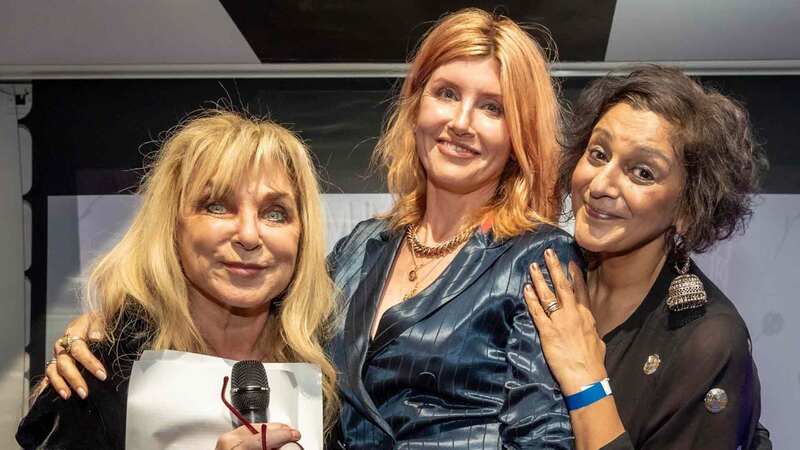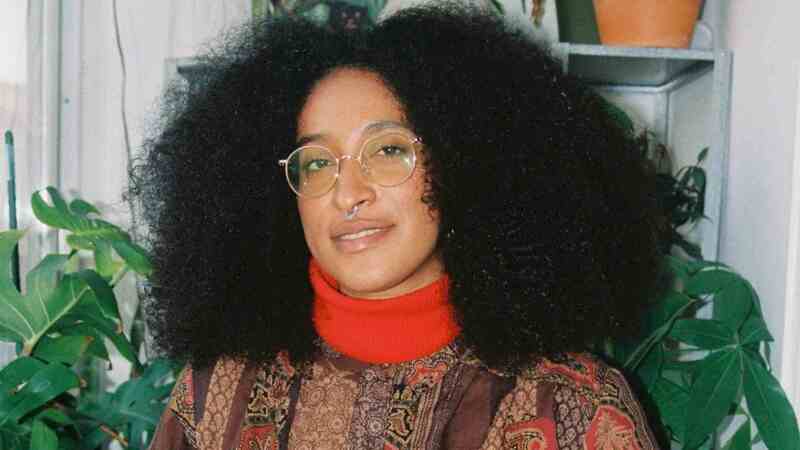You are viewing your 1 free article this month. Login to read more articles.
Norton calls for more translated children’s books
UK-based authors Jeff Norton and Siobhan Curham told delegates at this year’s Sharjah Children's Reading Festival that more books from other cultures need to be translated for Western readers.
Speaking on a panel entitled “Writing for a Young Adult Audience”, Curham said there was a “frustrating” lack of diversity in UK children’s publishing. She added: “The industry is so white and middle-class. I can count the number of non-white people I’ve met in publishing on one hand.” Acknowledging that “change is slow in publishing”, she suggested that authors could work together to tackle the issue.
Norton said he would like to see more translated books published in both the UK and the US. “I think publishers can do a better job of sourcing stories for children and I think it would be positive for them to learn about young adult experiences in other cultures. The problem so far has been that we need a third-party to pay to translate books but I think this will get better because of the internet, which will enable the free flow of ideas.”
Curham said YA writers have a responsibility to write about the issues facing young adults. “We can show children how to navigate them,” she said. “On the one hand, I want to write books that uplift and inspire young adults, but on the other hand, I don’t want to pretend that there’s a magic fix. It’s about trying to find a balance between being hopeful and realistic.” When asked about writing for young adults from different cultures and countries, Curham said: “There are cultural differences, but there are universal themes, fears, hopes and issues.”
In another strand of the panel, the focus was on the impact of technology on YA books and readers. Norton said: “When I’m writing, I think: ‘How can I try to write a book that will compete with a video game?’ I want my book to be as addictive and gripping and cinematic. Though I am working on screen adaptations, I always start with books because I believe in the power of the human brain and imagination.” He added: “I think we’re in the best time ever for children’s books because writers are being forced to up our game to compete with other media.”



















